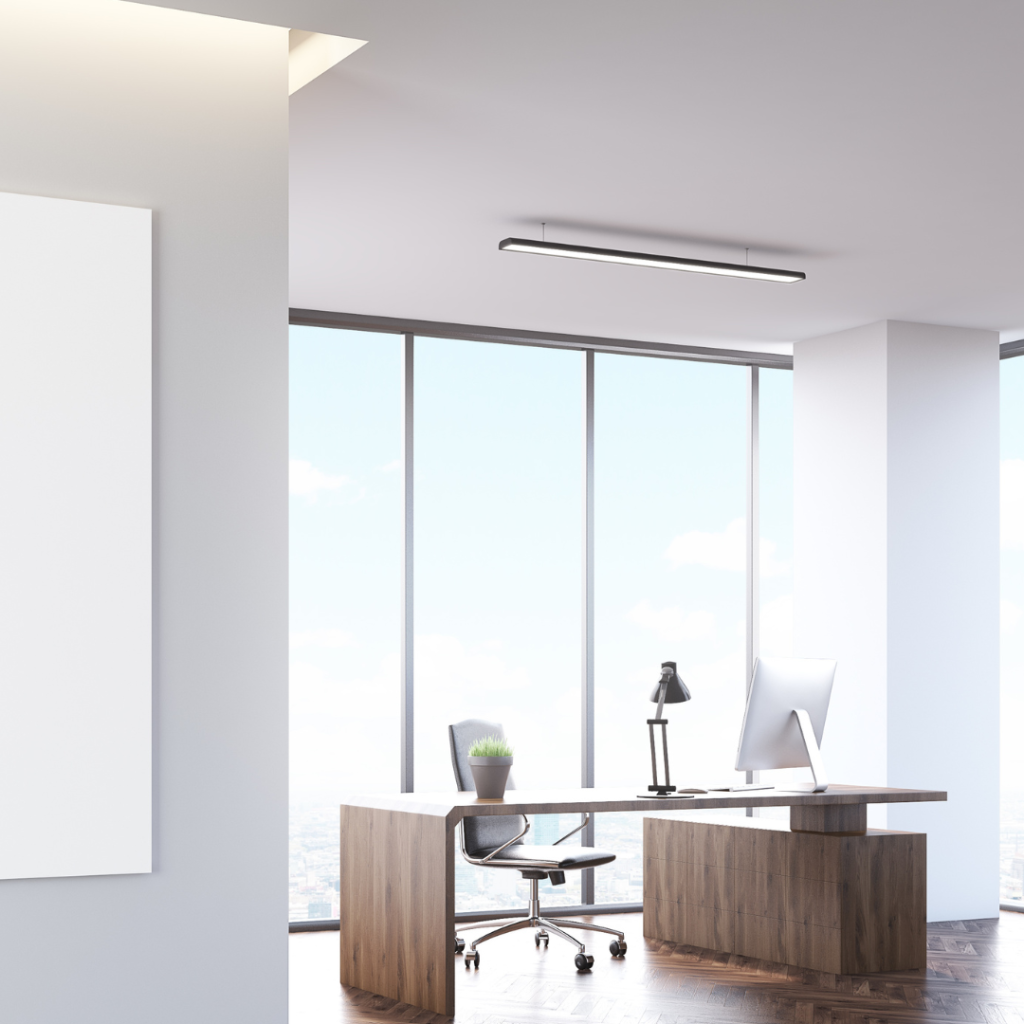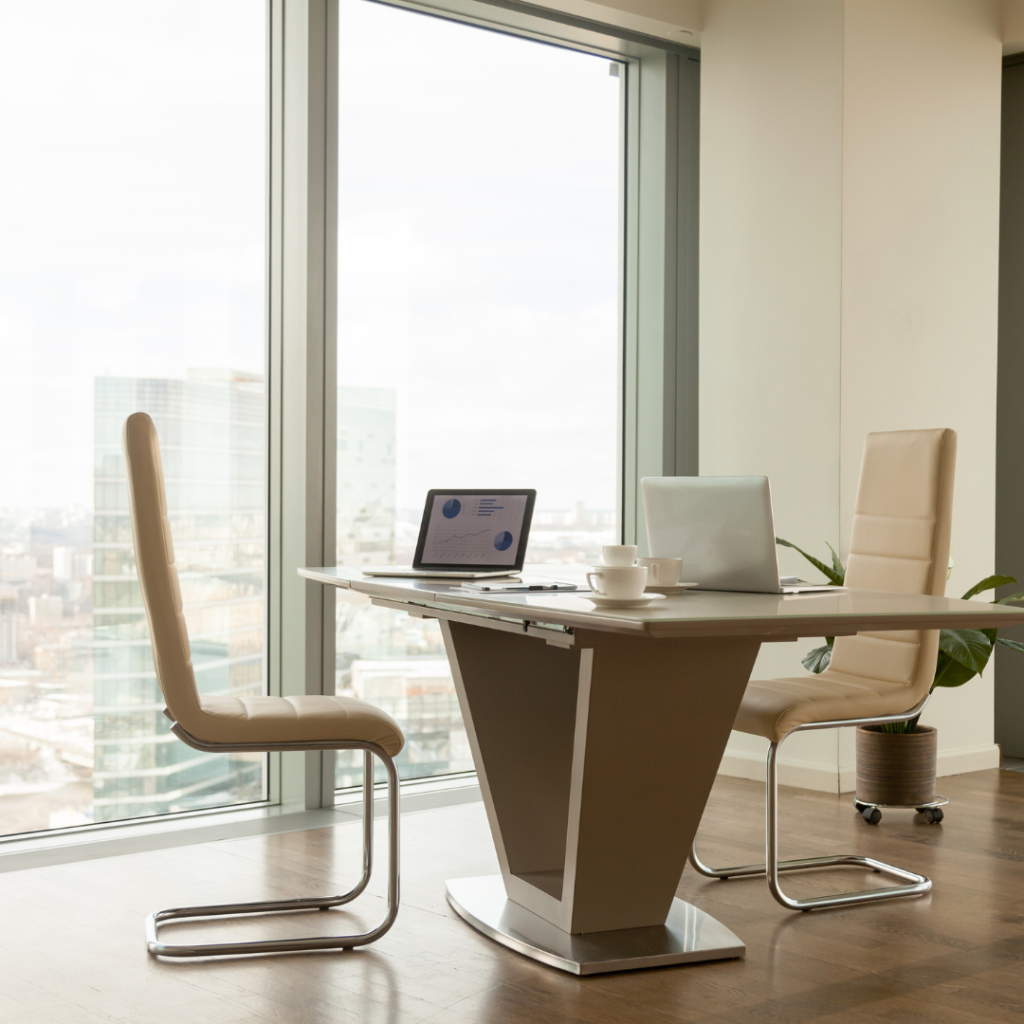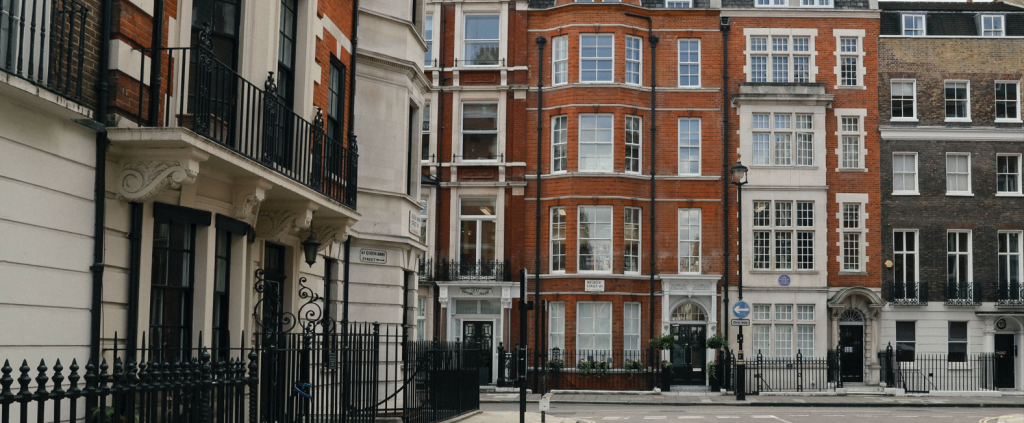What expenses can a limited company claim?

What does ‘allowable expense’ mean?
An allowable expense is a cost solely for business purposes.
Allowable expenses reduce a company’s taxable profits, which reduces its corporation tax liability (the amount the company owes the government in taxes).
What would classify as an allowable expense?
All expenses must have been incurred “wholly and exclusively” for the purpose of running the business to be allowable for tax purposes.
Allowable expenses would include the cost of sales such as purchases and direct labour and operating expenses such as staffing expenses, professional services, premise costs, travel and subsistence, office expenses, financial and bank charges, marketing, and advertising.

We have included examples of some of these expenses below:
Office Expenses-
Examples of these would be:
Office equipment and furniture,
Computer software and hardware,
Printing and stationary,
Delivery and postage.
Staffing Expenses- Staffing expenses are the costs incurred to employ staff.
Examples of these would be:
Staff wages and salaries,
Recruitment costs,
Employer National Insurance Contributions,
Employee benefits,
Pension contributions,
Staff training and development expenses.
Professional Services- Professional services are any expenses, fees, and costs regarding legal, accounting, consulting, investment banking, professional or advisory services.
Examples of these would be:
Legal fees,
Software and IT services,
Accounting and bookkeeping services,
Advisory and consultancy services,
Training and developmental costs,
Professional membership fees (subscriptions directly related to the business),
Advertising and marketing costs.
Business Premises- Premises expenses are any costs incurred through developing and maintaining the business premises or keeping the building functional.
Examples of these would be:
Repairs and maintenance,
Property insurance,
Rent/ mortgage payments (for the business premises),
Council tax and business rates.
Utilities (gas, electric, water rates, phone)

Travel and Subsistence- Travel and subsistence expenses are any costs incurred through necessary travel for the business.
Examples of these would be:
Transportation expenses (flight, vehicle hire, toll, parking charge, congestion charge, and milage/petrol),
Meals (food and drink),
Incidental expenses (phone, internet)
Accommodation throughout business trips.
Note. This covers temporary travel, if you travel to a permanent place of work this is not an allowable cost.
Financial and Bank Charges- Financial and bank charges are any fees deducted from a service provided.
Examples of these would be:
Bank charges and fees,
Interest on loans or overdrafts,
Merchant service fees,
Professional fee on financial services.

Marketing and Advertising- Marketing and advertising expenses are costs that directly contribute to the performance of the company’s marketing activity through promoting the business’s brand/ services/ products.
Examples of these would be:
Online marketing expenses,
Website development and maintenance (purchase of domain names, web hosting costs),
Advertising campaigns (newspaper/magazine articles, television/ radio/ internet ads, fliers),
Graphic design and printing (branded vehicle wraps, mugs, t-shirts, posters, postcards).
What is Not an Allowable Expense? – Non-allowable expenses are any costs that are not legitimate business expenses and cannot be claimed or eligible for tax deduction.
Examples of these would be:
Personal expenses (personal clothing/ travel/ entertainment),
Entertaining clients (fine dining, tickets to non-business-related events are generally not allowable)
Dividends (dividends to shareholders are distributed from profits after tax and therefore are not deductible as an expense),
Fines and penalties (Fees incurred as a result of personal lawful and regulatory negligence)
Capital expenses (costs to purchase or improve a fixed asset are typically considered capital expenses and are usually claimed as capital allowance over time, as they cannot be deducted fully in the year of the purchase),
Private insurance and health care premiums (personal private health or medical expenses are generally not allowable),
Donations (deductible against corporation tax rather than an allowable expense)

How do you ensure you can claim allowable expenses? –
It is vital to be familiar with expenses that are tax deductible. Ensuring you have accurate and detailed records of these deductible expenses will enable you to support your allowable expense claims and comply with the requirements set by HMRC.
It is good to be aware that while these lists may contain broad expense items for allowable expenses, there are specific rules and limits on the totals you can claim for certain expenses. Please feel free to give us any queries about specifics you may have.
Examples of these would be:
Clothing-
Clothing must be specifically for the company, meaning that normal clothing can’t be claimed. Specific clothing would be clothing branded with the company logo, protective clothing, uniforms, and costumes.
Gym/Health Club membership-
Gym or health club membership can only be claimed if it is arranged for or paid for by the company. The membership is then classified as a taxable benefit for the employee, which needs to be reported on a P11D annually (we can complete the P11D on your behalf, which can be cheaper than filing personally).
Mobile Phone-
Mobile phone bills can only be claimed as an allowable expense if the contract is with a limited company and the payments come directly from the business bank account.
Working from Home-
You can claim £6 per week for your home office as an allowable expense if you work from home. A home office doesn’t classify as a benefit in kind. Therefore, you will not have to pay income tax on this amount. Personal property maintenance is not considered an allowable expense. However, you can claim the portion of the household costs if you set up a rental agreement between you and your limited company. A rental agreement would require you to set out the rooms used for the business and the time the rooms are for business activities. The portion of utility costs allocated for business use is an allowable expense.
Client Entertainment-
Client entertainment can be through the business but cannot be deducted through corporation tax relief or VAT claiming.
Professional Development-
Professional development costs can be claimed if the content is clearly related to your business trading activity. Any Developmental courses or training in order to gain a new skill must clearly be shown to help build on preexisting knowledge within your industry.
Eye tests/ glasses-
Glasses/ contact lenses can only be claimed if prescribed for display screen work and purchased through the company rather than a general prescription. You can claim eye tests if you must use daily visual display equipment. If your glasses are for personal and business use, you may be able to claim a portion of the purchase cost.
Books, magazines, journals-
Literary resources (books, journals, eBook subscriptions), can only be claimed if they are clearly relevant to your company’s business activity.
Fuel and mileage allowance-
If a vehicle is a company car, you can claim the cost of fuel. However, if a vehicle is used for business trips but is not a company car, you can claim miles. Mile claiming is for travel made exclusively for business purposes (trips to a temporary workplace, trips to complete work, trips between 2 workplaces for the same job, trips from an employee’s home to a client). The rate you can claim per mile depends on the vehicle type and the total miles. For Cars and Vans, you can claim £0.45 per mile for under 10,000 miles and £0.25 per mile for over 10,000 miles. For motorcycles, you can claim £0.24 per mile, and £0.2 per mile for bicycles.

If you have any questions or require any advice specific to your circumstances, please contact us at PJCO. You can book a free discovery call by clicking the link below!
Please get in touch on 01273 441187 or book a discovery call with one of our expert accountants.
Contact

You May Also Like…







